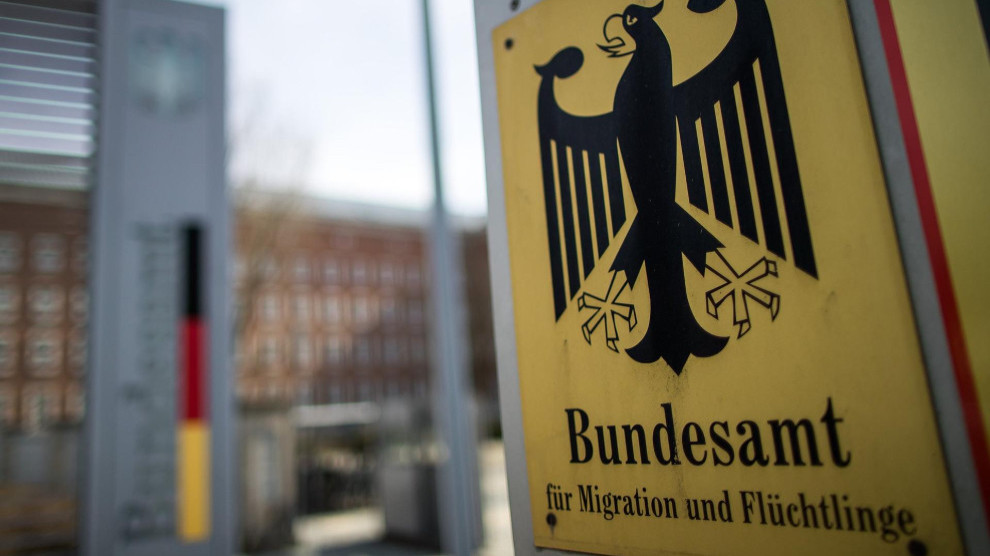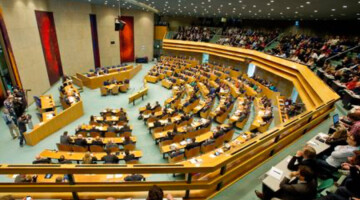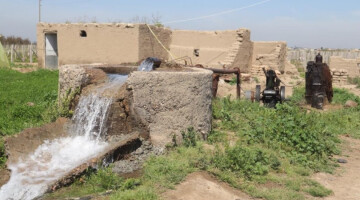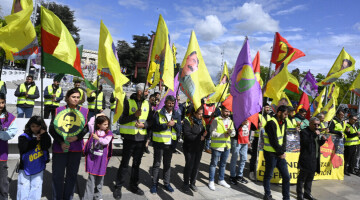Germany had long been a country of refuge for victims of the war in Kurdistan and the people subjected to the tyranny of colonialist states in the region, but this changed in recent years. Now Germany is becoming a country of Turkish asylum seekers fleeing Erdogan’s regime rather than Kurdish refugees and asylum seekers.
According to data from the Federal Office for Migration and Refugees (BAMF) who handle the appeals for asylum in Germany, in the first four months of 2019 the chances of asylum seekers who self-identify as Kurds had a 5.9% chance of approval, while the number was 81% for those who identified as Turks.
Daily German newspaper Süddeutsche Zeitung published an article that compared BAMF data from 2018 and 2019. The data shows that the divide between Kurds and Turks is growing: Turks had an asylum approval rate of 77% last year, while the number was 7% for Kurds. A total of 759 appeals for asylum by Turks were approved.
MORE TURKS ARRIVE NOW THAN KURDS
The number of Kurds seeking asylum has dropped, while Turks has increased. In fact, in 2018 there were more Turkish asylum seekers than Kurdish ones. Last year, a total of 5.776 Turks appealed for asylum in Germany, while the number of Kurds was 4.067. The true breaking point in this change is considered to be the attempted coup allegedly against the Erdogan government on July 15, 2016.
In the aftermath of July 15, many Gülen Movement members and persons fired with the State of Emergency Statutory Decrees (KHKs) sought asylum in Germany. The biggest uptick in the number of Kurdish asylum seekers was in 2016, when 4.383 Kurds and 1.197 Turks appealed for asylum. The reason for this uptick was the Turkish army’s war against Kurdish cities during the self-government resistance in Northern Kurdistan.













